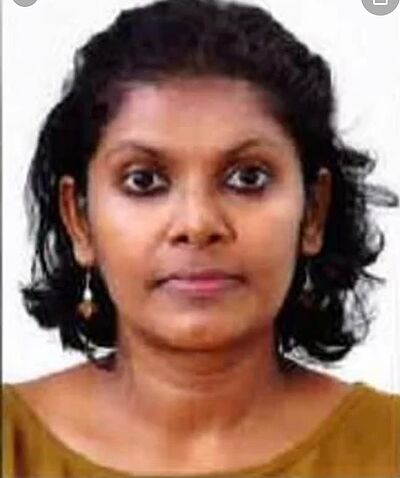Driven by extreme poverty and inequality in their home countries, thousands of women in the Global South migrate each year to developed and more affluent countries worldwide to take up various forms of paid domestic and care labour. Migration and paid social reproductive labour thus highlight and amplify the gendered, classed and racialised distinctions inherent in the long-standing maid−mistress relationship while introducing new divisions along axes, such as nationality, immigrant status, religion and language, whereas the historically troubled image of the ‘maid’ has been increasingly replaced by the ‘migrant maid’. Therefore, in my talk I look at how systems of inequality based on gender, class, race, nationality, immigrant status, religion, etc., intersect and interact to produce unique dynamics and effects. I draw on the migration of ‘particular’ Sri Lankan women as live-in migrant domestic workers to the oil-rich Arabian Gulf, a well-established migration corridor in the Global South.
Referentin: Wasana Handapangoda has earned her doctoral degree in Global Society Studies from Doshisha University, Japan, in 2011. She has been as the principal investigator of the project, ‘Ideal’ migrant subjects: Domestic service in globalisation, funded by the Austrian Science Fund (FWF), Lise-Meitner Grant, M 2724-G (11/2019-04/2023) at the Department for the Theory of Society and Social Analyses, Institute of Sociology, Johannes Kepler University, Austria. Her current research interests lie in migration and social reproductive labour, intersectionality and identity politics, minority studies and embodied methods. Latest publication: A Regime Analysis: Evidence from Sri Lankan Migrant Domestic Workers’ Journeys to Saudi Arabia, in: Global Labour Journal 2023, 14 (2), 148-164.
Veranstalterin: Waltraud Ernst
LVA: 536.020 Ethics and Gender Studies. Biology, Ethics and Gender
Gefördert durch die Österreichische Gesellschaft für Geschlechterforschung ÖGGF.
Eine Veranstaltung im Rahmen der Entwicklungspolitischen Hochschulwochen.

